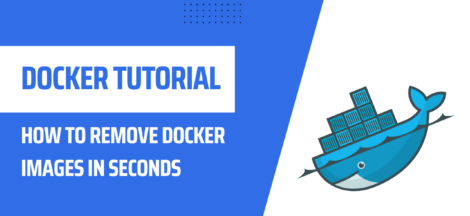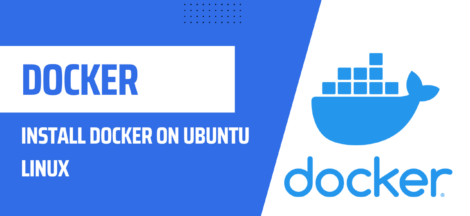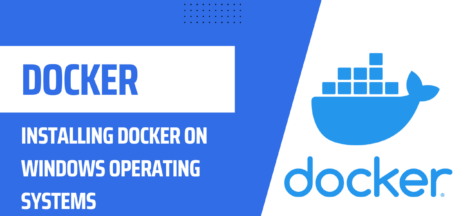Advantages of using Docker Containers
Introduction:
Docker is a containerization platform that is widely used for packaging and deploying applications. In this tutorial, we will explore the advantages of using Docker containers for application deployment and development.
Lightweight and Portable:
Docker containers are lightweight and portable. They are built on top of a thin layer of the host operating system and contain only the necessary components to run the application. This makes them quick to download, start and stop. They can easily be moved from one host to another without any changes to the application or its dependencies.
Isolation and Security:
Docker containers provide isolation between applications and their dependencies. Each container runs in its own isolated environment, which reduces the risk of security breaches and compatibility issues. Furthermore, Docker containers can be configured to run with limited permissions, reducing the risk of unauthorized access to sensitive information.
Ease of Deployment:
Docker containers make it easy to deploy applications consistently across different environments. By using containers, developers can ensure that their application will run the same way on their local machine as it will in production. This eliminates the need for manual setup and configuration, saving time and reducing the risk of human error.
Scalability:
Docker containers are designed to be easily scalable. Applications can be run on multiple containers, and new containers can be added or removed as needed. This makes it easy to scale applications to meet changing demands and reduces the time required for maintenance and updates.
Cost-effective:
Docker containers allow organizations to maximize resource utilization and minimize costs. By using containers, organizations can reduce the number of servers required to run their applications, reducing hardware costs. Furthermore, Docker containers can be run on cloud-based infrastructure, reducing the need for physical hardware and increasing cost-effectiveness.
Conclusion:
Docker containers offer numerous advantages over traditional application deployment methods. They are lightweight, portable, secure, easy to deploy, scalable, and cost-effective. By using Docker containers, organizations can reduce the time and resources required for application deployment and maintenance, allowing them to focus on delivering high-quality, reliable applications.



